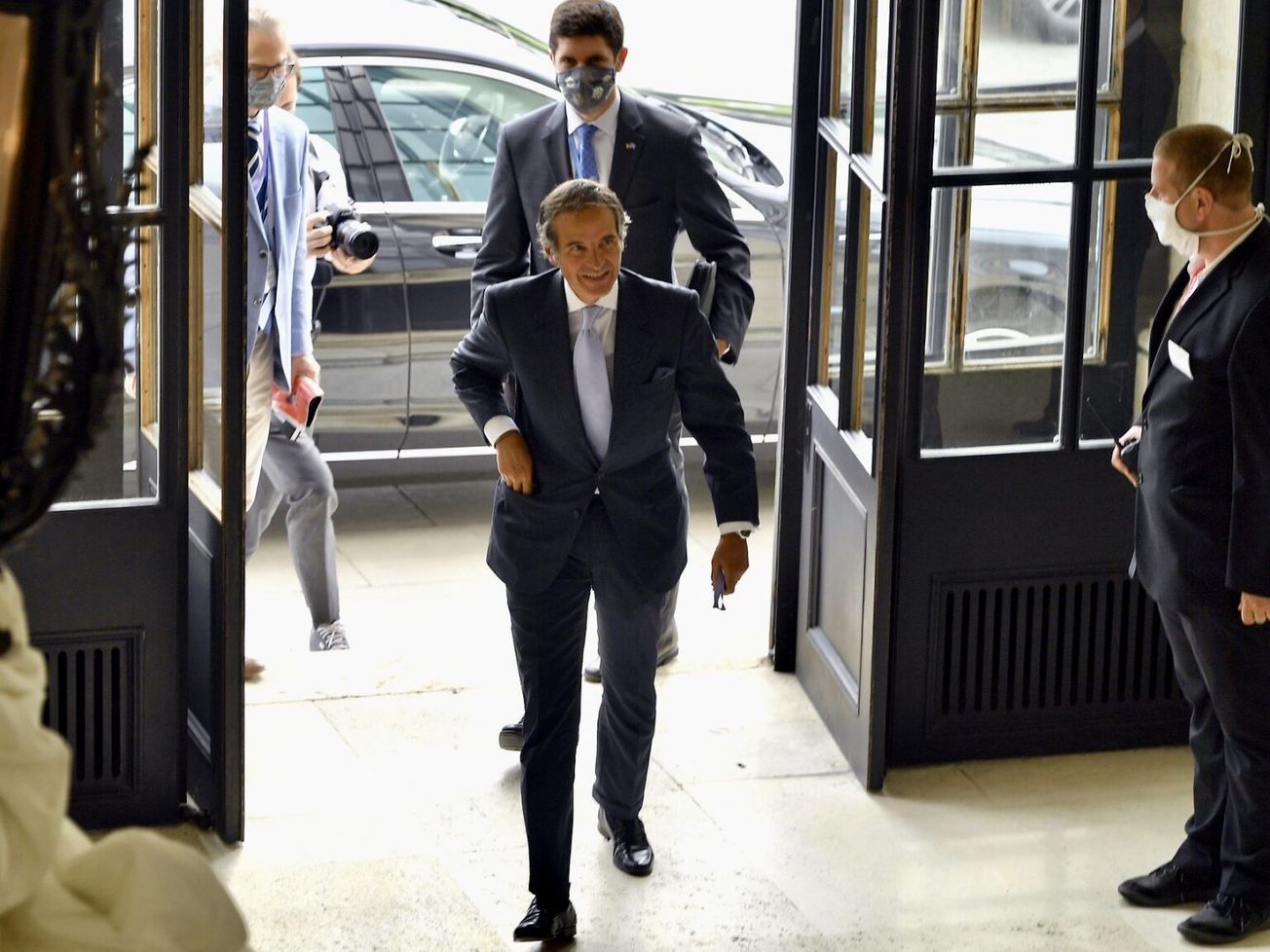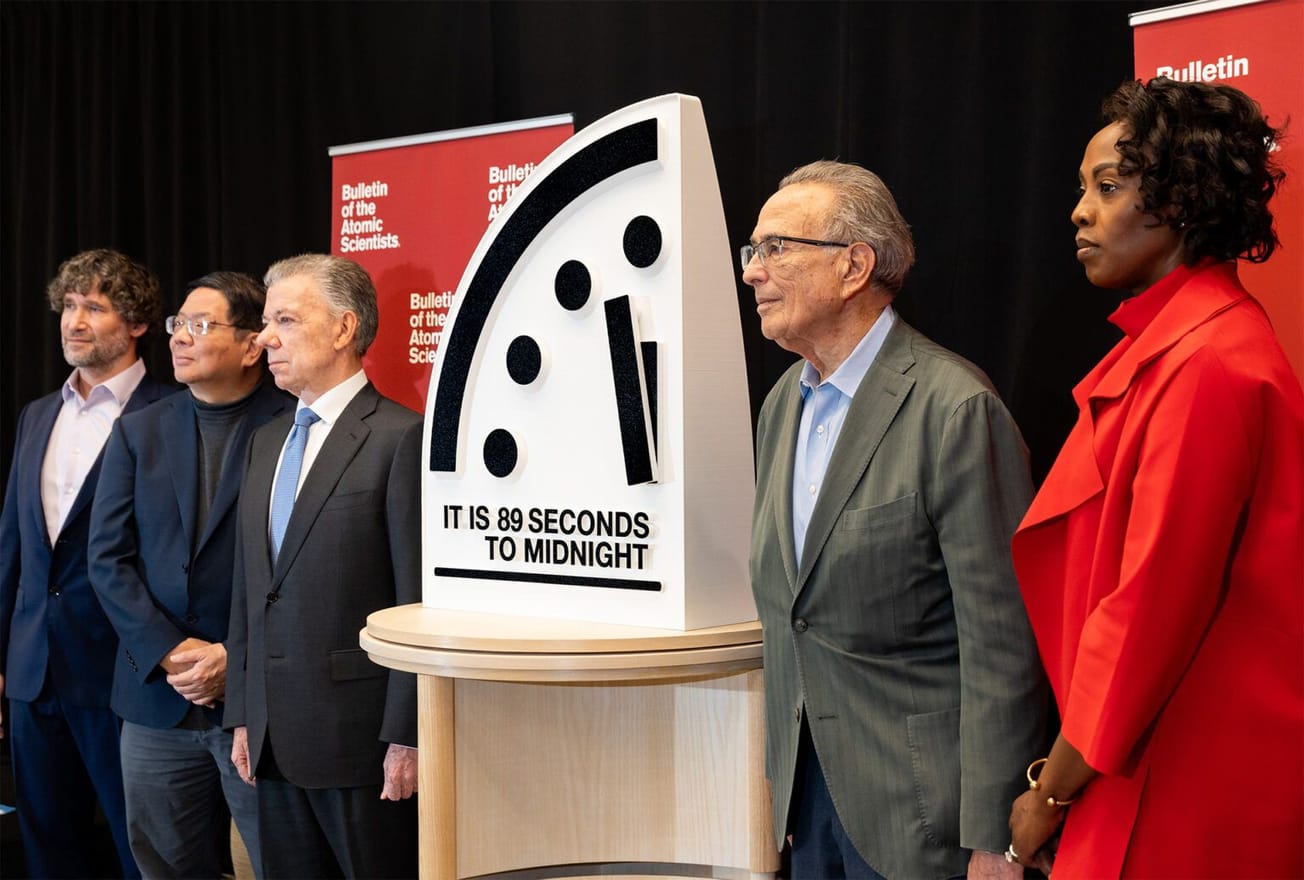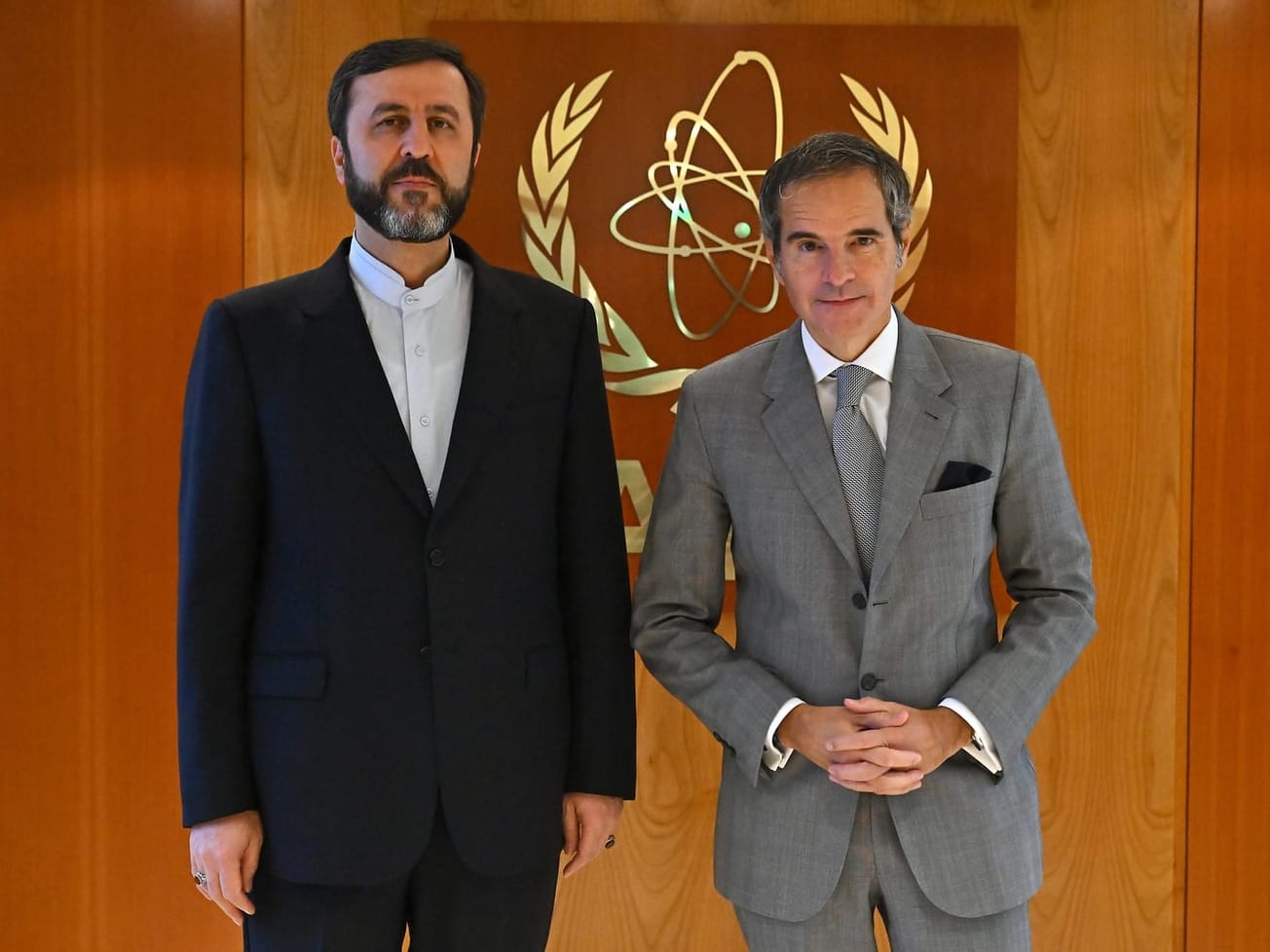VIENNA (AN) — Amid rising tensions on the U.N. Security Council over the 2015 Iran nuclear deal, the International Atomic Energy Agency and Tehran announced on Wednesday that Iran will allow inspectors to examine two nuclear sites.
The U.N. nuclear watchdog agency and Iran's government said in a joint statement that the Islamic Republic will “voluntarily“ provide access to the two sites where the nation is suspected of having stored or used undeclared nuclear material.









